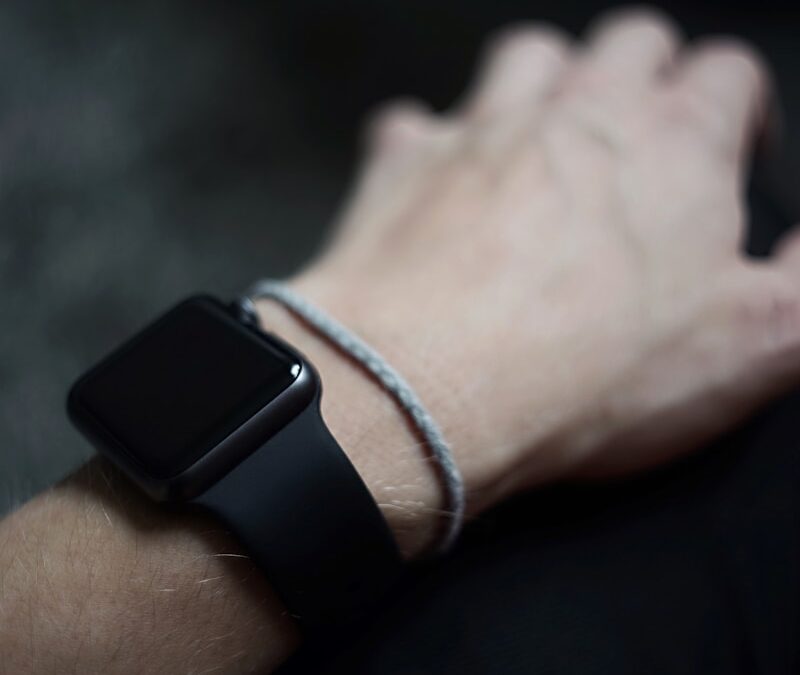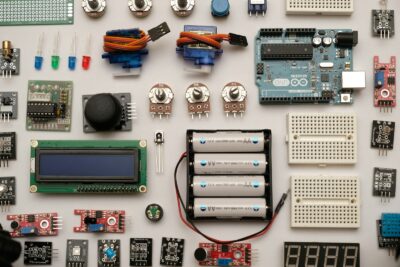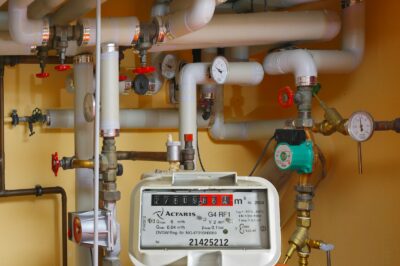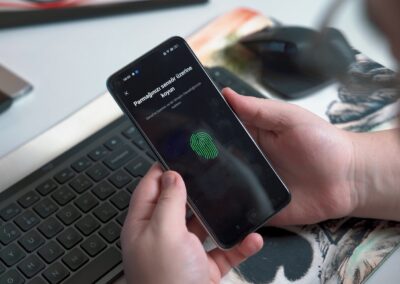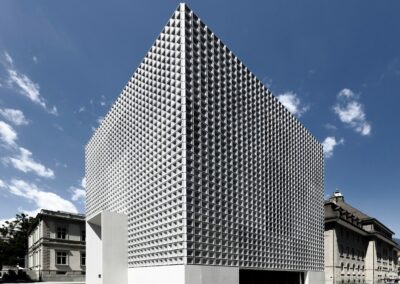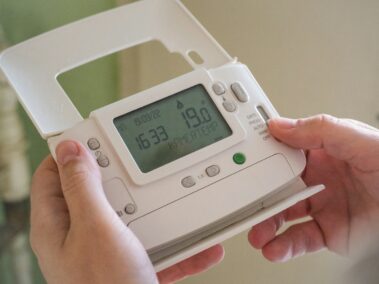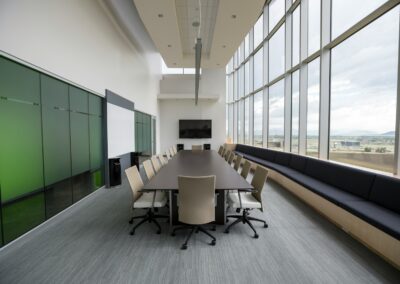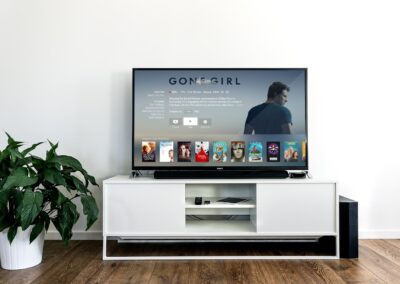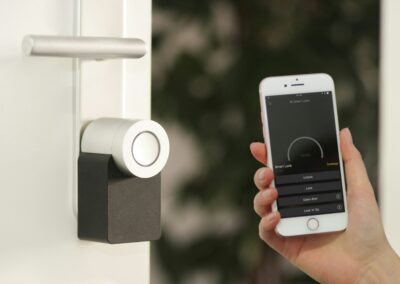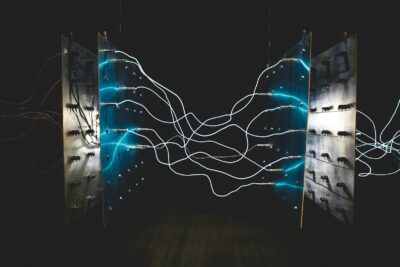Optimizing Resource Use for Sustainable and Efficient Operations
The Role of Smart Sensors and Energy Management Systems in Modern Hospitality
In the evolving landscape of the hospitality industry, smart sensors and energy management systems are revolutionizing the way hotels manage their resources. These advanced technologies optimize energy consumption, water usage, and overall environmental impact without compromising guest comfort. For business executives, mid-level managers, and entrepreneurs in Saudi Arabia, the UAE, Riyadh, and Dubai, integrating these systems can significantly enhance operational efficiency and sustainability.
Smart sensors are pivotal in monitoring and controlling various aspects of hotel operations. These sensors can detect occupancy levels, adjust lighting, heating, and cooling systems accordingly, and monitor water usage to prevent wastage. By providing real-time data and insights, smart sensors enable hotels to make informed decisions that enhance efficiency and reduce costs.
Energy management systems (EMS) work in tandem with smart sensors to streamline energy usage across hotel properties. These systems can analyze data from multiple sensors and adjust energy settings to optimize consumption. For instance, during periods of low occupancy, the EMS can reduce energy usage in unoccupied areas, thereby saving costs and reducing the hotel’s carbon footprint. Such technological advancements are crucial for modern hotels aiming to achieve sustainability goals while maintaining high standards of guest comfort.
Implementing Smart Sensors and Energy Management Systems in Hotels
Implementing smart sensors and energy management systems in hotels requires a strategic approach that emphasizes integration, user training, and continuous improvement. For leaders in Saudi Arabia, the UAE, Riyadh, and Dubai, this involves selecting the right technologies, integrating them seamlessly with existing systems, and ensuring their scalability and adaptability to changing needs. Key components of a successful implementation strategy include evaluating technology capabilities, optimizing system integration, and continuously monitoring and enhancing system performance.
Evaluating technology capabilities is essential for selecting the most suitable smart sensors and EMS for the hotel. Businesses should assess various technologies based on their functionality, ease of use, and integration capabilities. Choosing platforms that offer robust features, a user-friendly interface, and secure data handling is crucial for ensuring effective and efficient operations.
Optimizing system integration involves ensuring that smart sensors and EMS are seamlessly integrated with the hotel’s existing infrastructure. This integration enhances the overall efficiency of hotel operations by enabling centralized control and monitoring of energy and resource usage. Additionally, providing adequate training for staff on how to use these systems effectively is vital for maximizing their potential.
Continuously monitoring and enhancing system performance is necessary to maintain the effectiveness of smart sensors and EMS. Regular updates to system functionalities, incorporating user feedback, and addressing any identified issues are critical steps in ensuring that these technologies continue to provide value. Continuous improvement helps hotels adapt to evolving technological advancements and changing operational needs, thereby maintaining high standards of efficiency and sustainability.
Leadership and Management in Technology Integration for Hospitality
Effective leadership and management are critical for the successful integration of smart sensors and EMS into hotel operations. Business leaders must prioritize technology adoption and allocate the necessary resources to support these initiatives. This involves fostering a culture of innovation and encouraging teams to leverage digital solutions for enhancing operational efficiency and sustainability.
Mid-level managers play a key role in overseeing the day-to-day use of smart sensors and EMS within the hotel. They need to ensure that staff members are adequately trained to manage and utilize these technologies effectively. Managers should also facilitate collaboration between different departments, ensuring that the capabilities of smart sensors and EMS are utilized to their full potential across the organization.
Project managers are responsible for guiding the implementation of smart sensors and EMS. They must develop comprehensive project plans that outline the steps for integrating these technologies into the hotel’s operations. This includes managing timelines, budgets, and resources to ensure that the project delivers the expected benefits. Effective project management is essential for realizing the full potential of smart sensors and EMS and driving long-term business value.
Conclusion: Embracing Advanced Technology for Sustainable Hospitality
In conclusion, smart sensors and energy management systems represent significant advancements in the hospitality industry, offering numerous benefits for both hotels and their guests. For business executives, mid-level managers, and entrepreneurs in Saudi Arabia, the UAE, Riyadh, and Dubai, leveraging these technologies is crucial for enhancing operational efficiency and achieving sustainability goals. By implementing comprehensive strategies for integrating smart sensors and EMS, hotels can optimize their resource usage, reduce costs, and provide a superior guest experience.
These technologies provide valuable insights into resource management, ensuring that all interactions are efficient, secure, and environmentally friendly. Effective leadership and management are essential for the successful adoption and utilization of smart sensors and EMS, ensuring that staff members are equipped to handle these technologies efficiently. By embracing innovative sustainability technologies, organizations can enhance their hospitality services, improve guest satisfaction, and achieve sustainable growth in a rapidly changing digital landscape.
Ultimately, the integration of smart sensors and energy management systems in hospitality represents a strategic investment in operational efficiency and sustainability. By fostering a culture of innovation and leveraging advanced technologies, businesses can enhance their operations, protect their resources, and achieve long-term success in the digital age.
—
#SmartSensors #EnergyManagementSystems #HospitalityTechnology #ResourceOptimization #Sustainability #BusinessSuccess #Leadership #ManagementSkills #ProjectManagement #SaudiArabia #UAE #Riyadh #Dubai #AI #Blockchain #Metaverse #GenerativeAI #ModernTechnology

